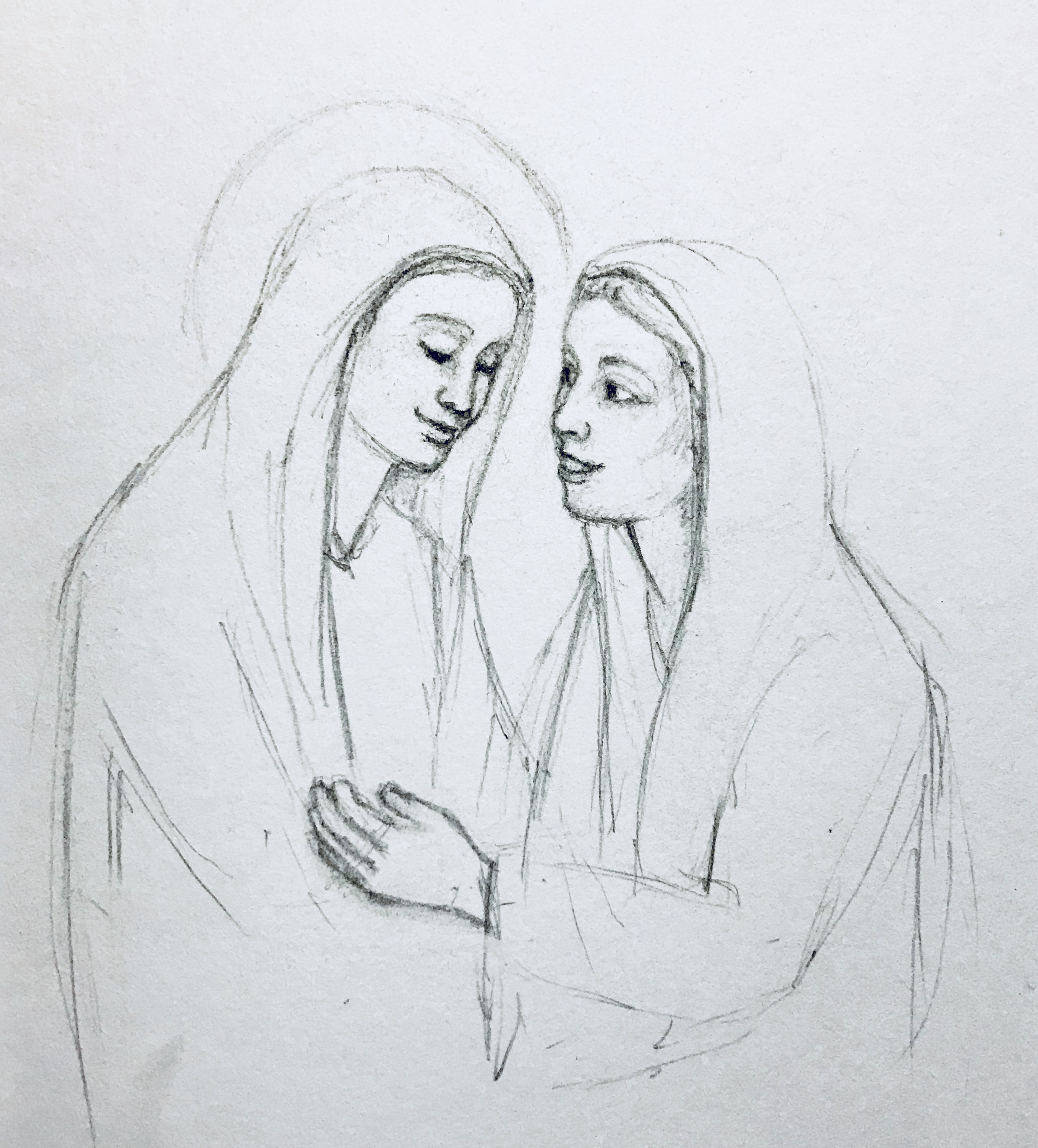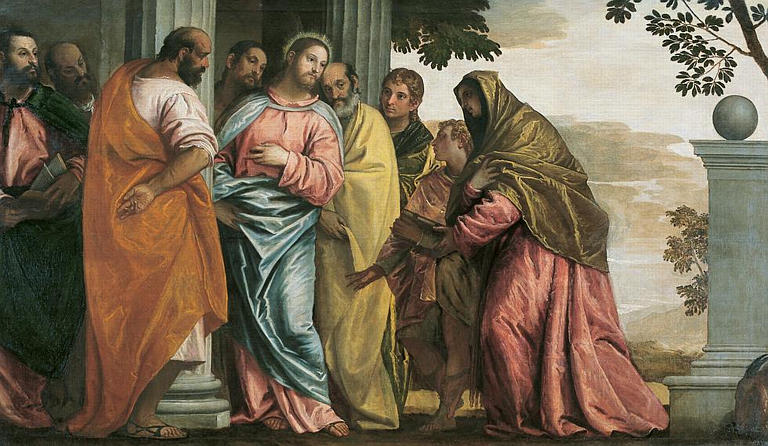
The hidden figures of the Visitation reveal a great mystery. Jesus and St. John the Baptist are both powerfully present and active well before they are even born. For St. John the Baptist this is a great grace – it was by no human quality or disposition that he came to know and rejoice at the voice of the mother of his Savior. The divine gift of prophesy and the motion of the Holy Spirit are the only possible explain for John’s in utero dance of jubilation. The most important events in our own personal history of salvation are similar: as glad and as free as we were to come to know our savior in a more meaningful way, it was always, “a total God move.” Even the gift of prophesy which helps us to see the way God is moving in the world in a mysteriously clear way is still God moving first our mind. We can cleverly attribute the text of the Psalm 138 as Jesus speaking to John the Baptist,


 I’ve often heard the reason Jesus named James and John “Sons of Thunder” as having to do with their asking Him to send down fire from heaven to consume the town of unbelievers. I thought it was a humbling compliment, but one they deserved – a light but poignant way to emphasize that though occasionally misplaced, their fervor was remarkable. I was delighted to read in Bede the Venerable’s commentary today a slightly different take. The Sons of Thunder were so named because they heard the voice of the Father on the Mount of Transfiguration. The voice of the Father like thunder, their hearts moved definitively from the static complacency of a life that sees its completion on earth. We can perceive that John’s life was intensely altered by the Word made flesh, the Lamb of God, the Beloved Son, Jesus. John’s conversion to Jesus comes from a Word and a Voice that deeply uprooted his heart. I wonder if the fervor of the first Apostle to be martyred, James, wasn’t like the echo of the heartbeat of his brother John. John’s fervor was so contagious he clearly infected both St. Peter and St. Paul. Perhaps we could say that John loved his brother James so much that Jesus couldn’t refuse James the same graces as his brother.
I’ve often heard the reason Jesus named James and John “Sons of Thunder” as having to do with their asking Him to send down fire from heaven to consume the town of unbelievers. I thought it was a humbling compliment, but one they deserved – a light but poignant way to emphasize that though occasionally misplaced, their fervor was remarkable. I was delighted to read in Bede the Venerable’s commentary today a slightly different take. The Sons of Thunder were so named because they heard the voice of the Father on the Mount of Transfiguration. The voice of the Father like thunder, their hearts moved definitively from the static complacency of a life that sees its completion on earth. We can perceive that John’s life was intensely altered by the Word made flesh, the Lamb of God, the Beloved Son, Jesus. John’s conversion to Jesus comes from a Word and a Voice that deeply uprooted his heart. I wonder if the fervor of the first Apostle to be martyred, James, wasn’t like the echo of the heartbeat of his brother John. John’s fervor was so contagious he clearly infected both St. Peter and St. Paul. Perhaps we could say that John loved his brother James so much that Jesus couldn’t refuse James the same graces as his brother.